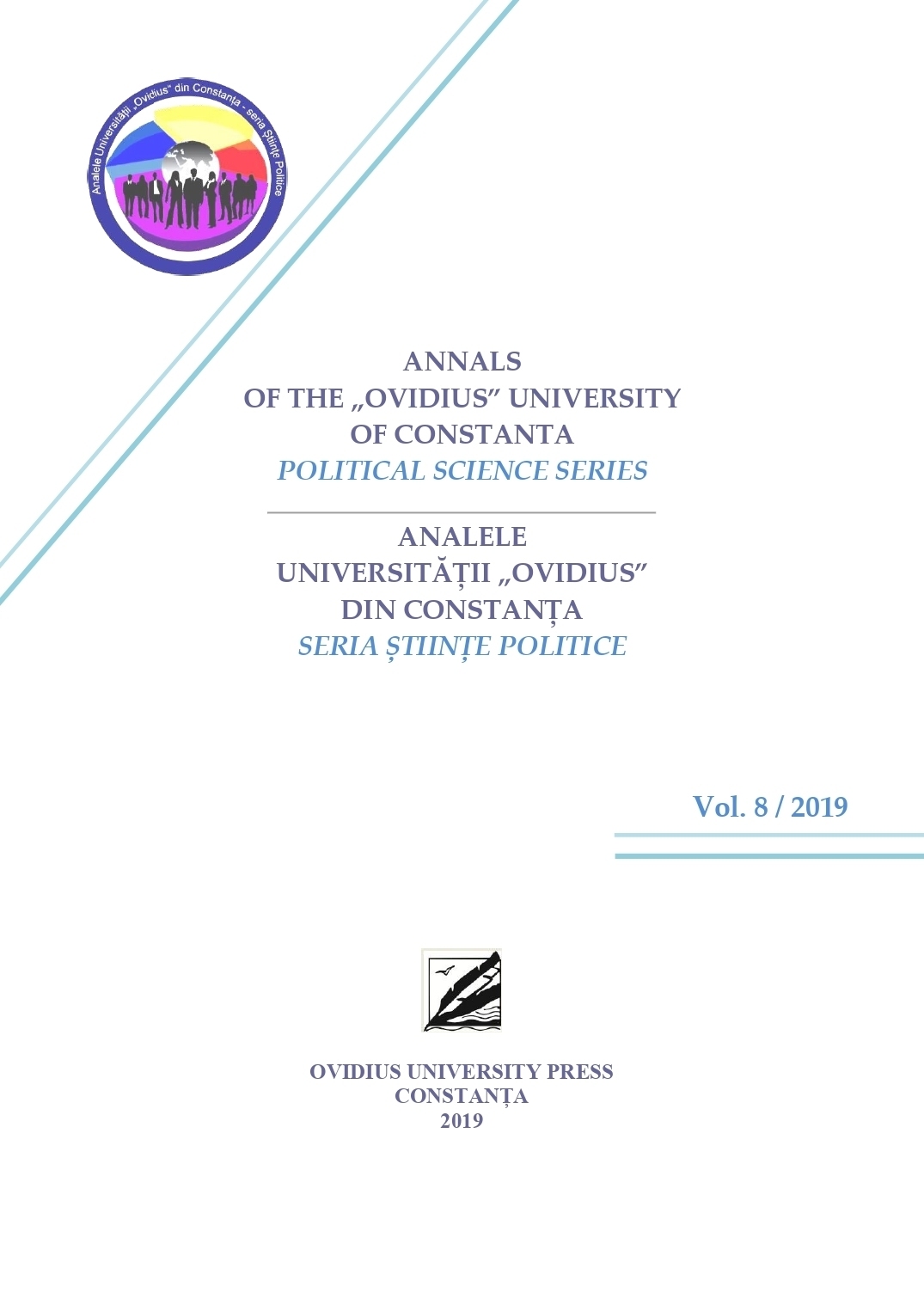COLONIAL MECHANIZATION AS TRANSITION IN RESOURCE EXTRACTION IN NIGERIA: PERSPECTIVES FROM COAL INDUSTRY
COLONIAL MECHANIZATION AS TRANSITION IN RESOURCE EXTRACTION IN NIGERIA: PERSPECTIVES FROM COAL INDUSTRY
Author(s): Nkemjika Chimee Ihediwa, Ngozi E. OJIAKORSubject(s): Politics / Political Sciences, Economic policy, International relations/trade, Developing nations
Published by: Ovidius University Press
Keywords: extraction; mechanization; Nigeria; resource; transition;
Summary/Abstract: The discovery of coal deposits in Udi Hills in Enugu, Nigeria, by the British, in 1909, marked a turning point in the area. It led to the building of a railway line from the hinterland to the coast. Coal was needed by the British; it was used not only in the industries; it was an essential ingredient in powering steam engines. At the time coal was discovered in Enugu, the mines were manually operated using pick axe and diggers. The manual labour requirement was enormous and this made conscription of labourers become a feature of the mining economy of colonial Nigeria. To expedite production and maximize resource extraction, the colonial regime began the mechanization process of the coal industry, introducing machines for mining, which in turn changed the process of production. The paper examines the role of mechanization in coal production and the changes it produced in the colonial economy of Nigeria.
Journal: Annals of the Ovidius University of Constanta - Political Science Series
- Issue Year: 8/2019
- Issue No: 1
- Page Range: 119-133
- Page Count: 15
- Language: English

